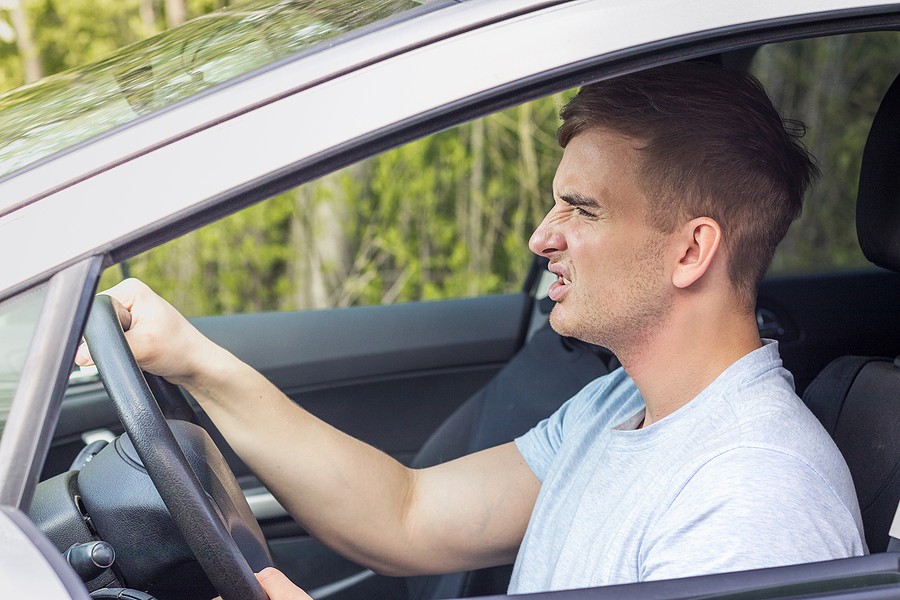There is nothing more frustrating than waking up in the morning dealing with a dead battery. Your vehicle might start sputtering, clicking but never starts. What should you do when your car won't start?
If you have experienced a similar situation, there are a couple of things that you could do. We focused on how to get prepared for this situation, what measuring tools you need to have, and whether you should sell your car or keep it.
- How to be prepared
Before you get into this situation where your car doesn't start, it's always important to be ready for it. When you prepare for this breakdown, it will be less stressful to deal with the problem and solve it.
For example, it's recommended that you keep a set of items in your car. These items include screwdrivers, screw holders, wrenches, and socket wrenches.
You need to have various these items to reduce the effort when dealing with your car starting problems. For example, you don't want to take us cruise manually out and, these items might be very handy, especially when you're dealing with hard to reach areas.
- Some tools and gauges you need to have
The market is filled with measuring tools to help you deal with car starting issues.
One of the first items that you need to have is a voltmeter. This voltmeter can be very handy to measure your car's battery strength to ensure that the problem is coming from the battery, not from a different component in your car.
A pair of jump leads is also another recommended tool. Right after your card stops starting, providing it was a good jumpstart can be a lifesaver.
There are common immediate actions you need to do if your car has starting problems, including:
- Check if your car doesn't have sound or power.
If that's the case, look at any lights on your dashboard, and the problem is usually related to a dead car battery. You can check for a dead car battery by using a jump start. If your vehicle starts after using the jumpstart, the problem is related to your car's battery for sure. In that case, you need to consult a professional mechanic and replace your faulty car battery immediately.
- Check if there is no sound, but there is power
If there is power, but you don't hear any starting sound, the problem is usually related to an ignition switch or a starter motor.
- Check if the car doesn't start while the starter clicks
If that's the case, the problem is related to low voltage or resistance issues coming with the battery. You can confirm the culprit using a voltmeter.
- Check if the engine doesn't fire but cranks
If you notice that the engine doesn't fire but hear some cranks, the problem is usually related to the fuel pump early.
- Lastly, check if your car cranks and grins at the same time
If you are dealing with this situation, the problem is usually related to the timing belt. Unfortunately, this is one of the worse problems related to car starting issues, and you must immediately consult a professional mechanic.
- Should you sell or keep your vehicle?
Depending on your car's root problem causing the starting issue, you can't answer this question.
For example, if you know that the car's problem requires many repair costs, it might not be worth spending a penny getting rid of the problem.
There are a set of questions that you could ask yourself to determine whether it's worth repairing your car's starting problem or not:
- Are there any other problems in your car that require a lot of repair costs?
- Does your car have a lot of mileage?
- Did repair cost get close to 70% or more from your car's value?
If you answered any of these questions with a yes, it's not worth repairing your car, and you should better sell it as junk instead.
- What to consider when selling a vehicle that doesn't start
If you are looking to sell your old car, it's much easier to sell a perfectly running card than a car with starting problems.
Well, what's your other option then?
Did you know that junk car buyers can pay you a lot of cash for your old car even if it doesn't start? Yes! Many junk car buyers do not care about your car's condition, whether your car has significant battery issues, the engine, or it doesn't matter all started.
Junk car buyers see value in every vehicle. They categorize vehicles into three main groups:
- Cars in good condition
These cars usually get the most offers, and they represent any vehicle that could be resold to another interested buyer.
- Cars with small problems
These cars are usually reconditioned or repaired before selling them to a different interested buyer.
- Completely damaged cars
In this category, most junk car buyers put any completely damaged vehicle. In most cases, these vehicles are sold as scrap metal. Did you know that even if your car is completely damaged, you can get a lot of cash out of it? Yes! Junk car buyers are willing to pay you a good amount of cash if your car has a lot of metal. In other words, the heavier cart, the more cash you could receive if your car is completely damaged.
- How to save time and effort?
The bottom line, it all depends on your vehicle's situation and whether it's repairable or not.
Be realistic about your car's situation and save yourself time and effort before attempting to repair this vehicle.
Consult several junk car buyers and get different offers. Once you have your offers, we can evaluate the situation and see whether it's worth spending the time and effort repairing start problems in your car or not.



